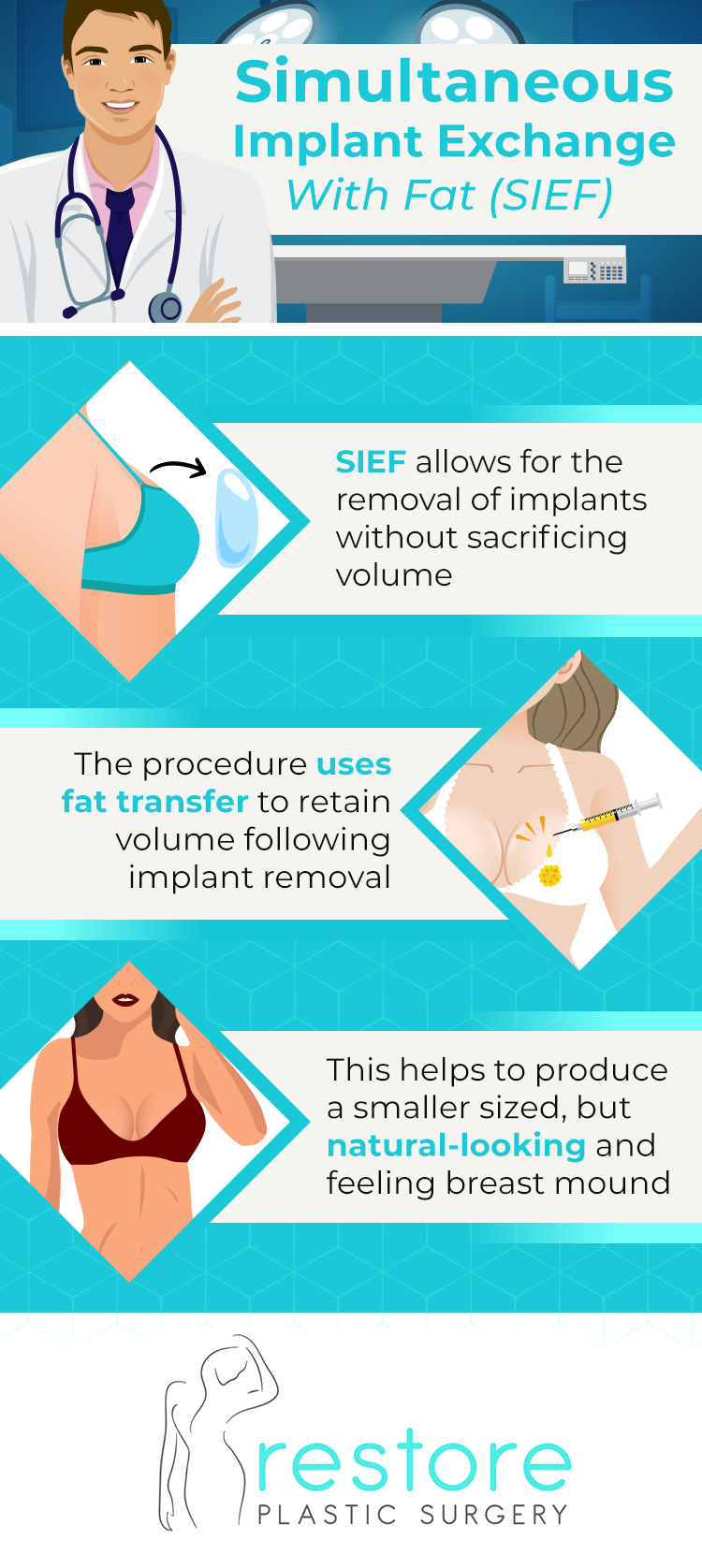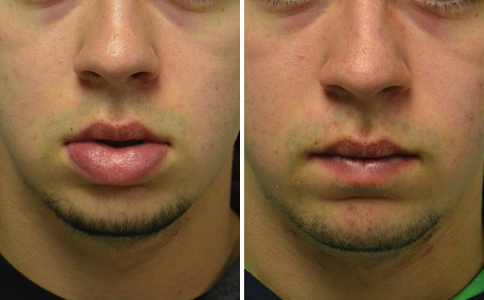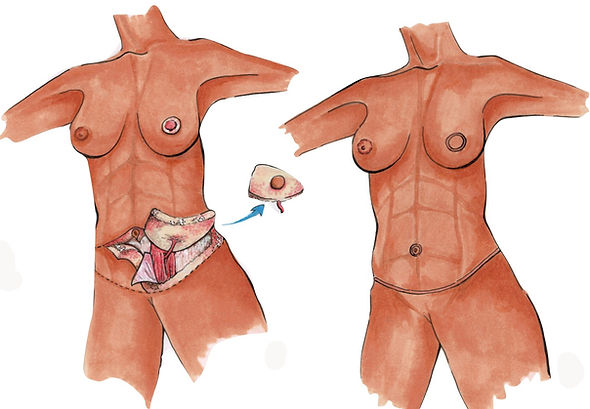
Eye twitches may be caused by many different things but they are mostly harmless. Eye twitches can be caused by a deficiency in certain nutrients such as magnesium and B12. Vitamin-rich foods include salmon, avocados (and spinach), and bananas. Eye twitching is prevented by getting the recommended daily allowance. Other causes of eye twitches include stress and nutritional deficiencies.
Botulinum toxin
Blepharospasm can be a condition where the eyelids are not closed involuntarily. It is a benign condition with no known cause and affects both eyes equally. Botulinum canxin injections are an effective treatment. Botox and Dysport are the brands that sell this toxin in Australia.
The toxin is FDA approved safe and can be injected without side effects. Common side effects are eye irritation and discomfort. Blurred vision and corneal injury can be caused by the toxin. The treatment will last for about 3 months and is a temporary solution. Patients are advised to use eye lubricants, which may include a backlit keyboard, during the procedure.

Reducing stress
Eye twitching can be reduced by reducing stress and caffeine intake. Eye twitching can also indicate a condition like essential blepharospasm. This can make it hard to see clearly and make your daily activities difficult. You should see a doctor if your twitching becomes unbearable.
Emotional fatigue and exhaustion can also cause eye twitching. You should get plenty of sleep and engage in some form of physical activity like yoga or brisk walking. It may help to stay hydrated and engage in stress-relieving hobbies. Avoid drinking soda or coffee as they can cause eye irritation. It is also a good idea to avoid caffeine and alcohol.
Natural remedies
Natural treatments for eye twitching can be as simple as splashing cold water into your eyes or looking away from electronic gadgets. Another simple way to reduce eye strain is the palming technique. It can also be helpful to apply warm water or eucalyptus essential oil to your eyes, while you twitch the lids. Eye twitching can be relieved by drinking 8-10 glasses water per day.
Eye twitching may also be caused when there is inflammation around the eyelids. Symptoms include sore and itchy eyelids, crusty eyelids, and a burning sensation. Good eye hygiene and avoiding excessive eye strain are two ways to prevent blepharitis. Don't rub your eyes too often. To minimize inflammation, avoid contact with contact lenses and irritants.

Calling an eye doctor
The answer to your question about whether an eye doctor can help with eye twitching is "yes." If the twitches you're experiencing are caused by an underlying health condition, you should first seek treatment from a medical professional. Most times, the condition will disappear on its own. Sometimes, however, the twitches can become permanent. You should consult an eye doctor in these situations.
Eye twitching can be normal as we age, but if it becomes severe enough, it could indicate something more serious. A doctor should be consulted if you have experienced double vision or a facial injury. While eye twitching can be mild and not necessarily serious, if it continues, it is worth seeing a doctor.